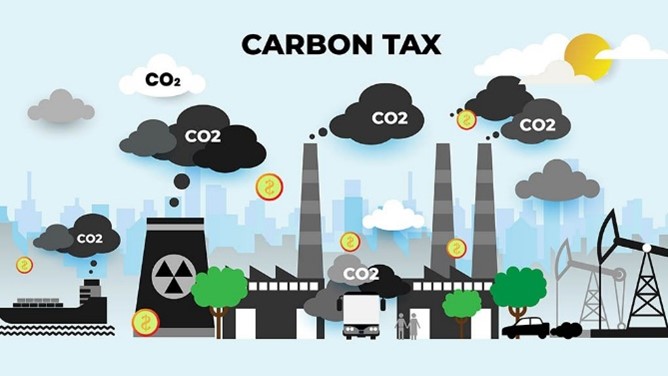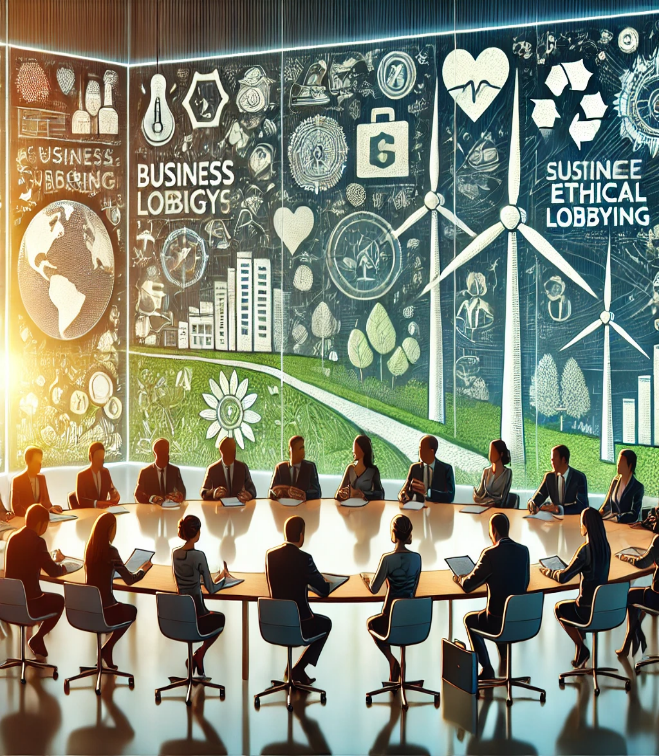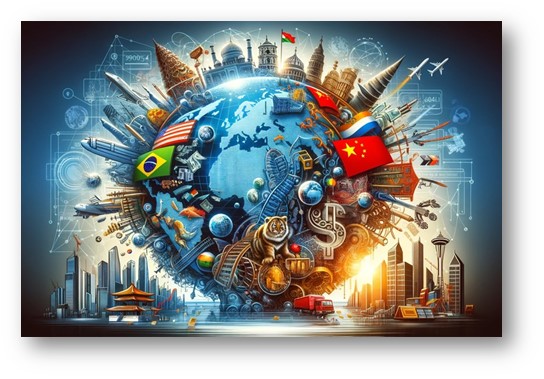What are the long-term implications of the Russia-Ukraine conflict on global politics?

What are the long-term implications of the Russia-Ukraine conflict on global politics?
by Maximilian 03:21pm Feb 04, 2025
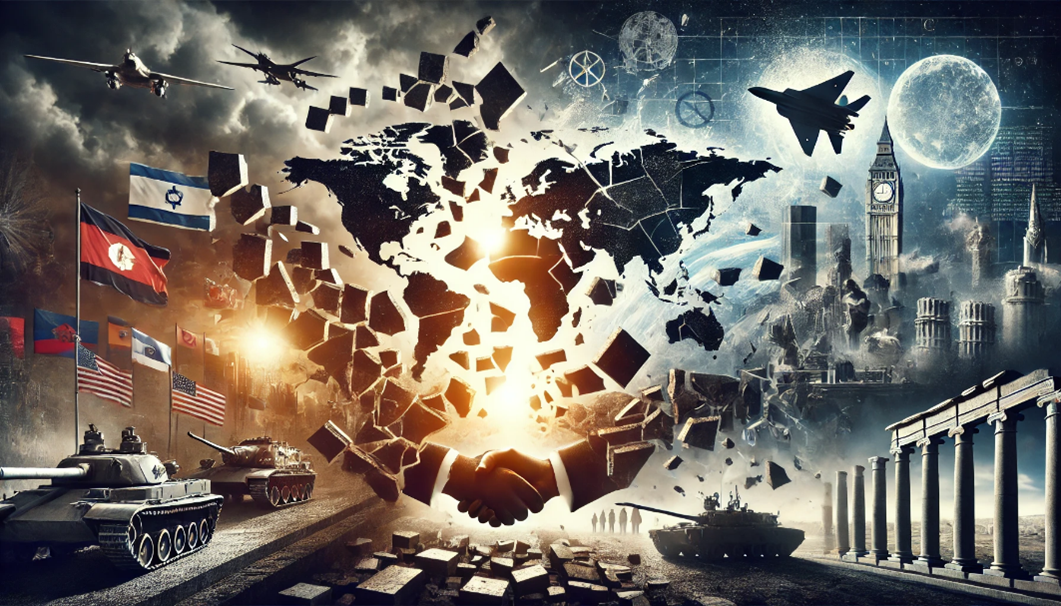
The Russia-Ukraine conflict, which began in 2014 and escalated dramatically in February 2022 with Russia’s full-scale invasion of Ukraine, has profound and far-reaching implications for global politics. These implications span military, economic, geopolitical, and ideological realms, influencing the international order, security dynamics, and the relationships between major global powers. Here are the key long-term implications of the conflict:
1. Reshaping Global Security Architecture
Revitalization of NATO: The conflict has reinvigorated NATO, the military alliance founded to counter Soviet influence. Russia’s aggression has led to increased military spending by NATO members and strengthened unity within the alliance. Countries like Sweden and Finland, once neutral or non-aligned, have sought NATO membership in response to the perceived security threat posed by Russia. NATO’s expansion could further inflame tensions with Russia, but it has also reinforced the idea of collective defense and deterrence.
Shift in Global Security Paradigms: The conflict highlights the challenges of traditional deterrence and the difficulty of enforcing international norms. Russia’s ability to act with relative impunity against Ukraine exposes the limitations of existing global security frameworks like the United Nations, where Russia holds veto power in the Security Council. This raises questions about the future effectiveness of multilateral institutions in maintaining global peace.
Proliferation of Military Power and Arms Race: Countries in Europe and beyond may seek to bolster their military capabilities, fearing that Russian aggression could spread. There could be an acceleration in the global arms race, with states focusing on modernizing their militaries and developing advanced weaponry, including nuclear arsenals, as deterrents.
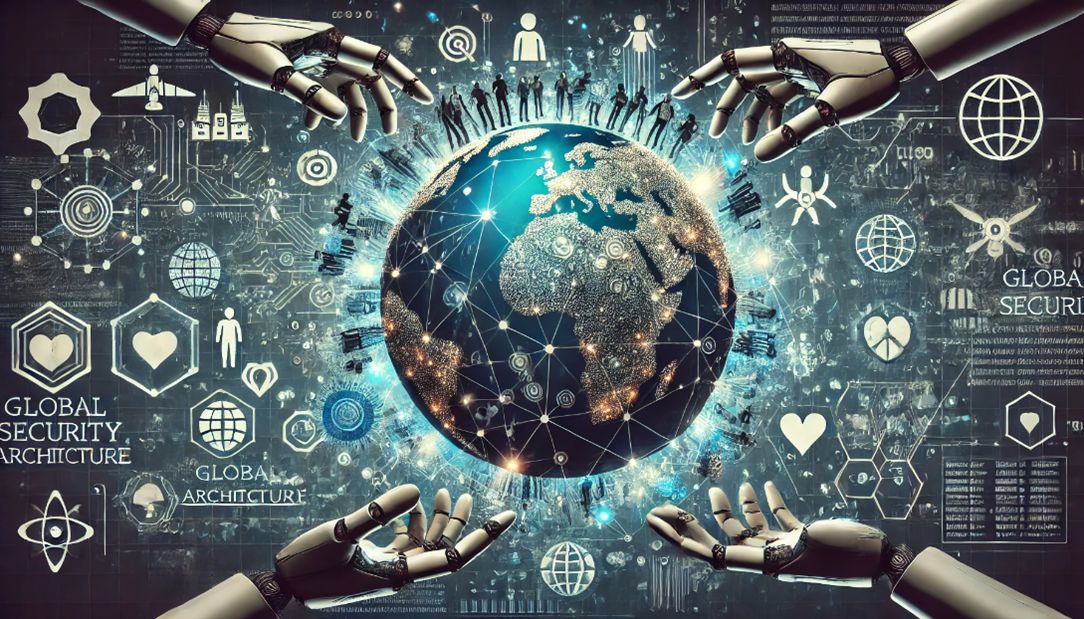
2. Geopolitical Realignment and the End of Post-Cold War Stability
New Polarization Between East and West: The conflict has accentuated the divide between the West (led by the United States and European Union) and Russia, with tensions intensifying between NATO countries and Russia. This reawakening of Cold War-like dynamics has led to the emergence of a more distinct global bloc system—one that pits Western liberal democracies against autocratic powers led by Russia and China.
Russia-China Alignment: In response to Western sanctions and political pressure, Russia has strengthened its relationship with China. The two countries share a strategic interest in countering U.S. global influence and promoting a multipolar world order. This partnership, although pragmatic, may have long-term implications for the balance of global power, as Russia seeks economic and diplomatic support from China in the face of international isolation.
Emerging Alliances in the Global South: The war has strained relations between Western powers and several countries in the Global South (Africa, Asia, Latin America), many of which have opted for neutrality or have not supported Western sanctions against Russia. Some view the conflict through the lens of broader geopolitical struggles, such as the challenge of U.S. global dominance or the historical legacy of Western colonialism. This has the potential to create a more fractured global order, with new alignments forming based on regional concerns and historical relationships.
3. Economic Implications and Energy Security
Energy Crisis and Energy Shifts: The conflict has highlighted Europe’s dependence on Russian energy supplies, particularly natural gas. In response to Russia’s invasion, many European countries have moved to diversify their energy sources, investing in renewable energy, and seeking alternative suppliers, such as the United States, Qatar, and Azerbaijan. This may accelerate the global shift toward energy security and green energy alternatives, with long-term consequences for the fossil fuel market and climate change policies.
Sanctions and Global Supply Chains: The West’s imposition of unprecedented economic sanctions on Russia, coupled with Russia’s retaliatory actions, has disrupted global supply chains, particularly in energy, agriculture, and metals. This has led to inflationary pressures, particularly in energy prices and food commodities, and may influence future trade and investment patterns. The global economy may face long-term shifts in supply chains and trade routes, with countries reassessing their dependence on hostile powers.
Financial Systems and Currency Shifts: The sanctions against Russian financial institutions and the freezing of Russia’s foreign reserves have demonstrated the power of the U.S. dollar and the international financial system in enforcing geopolitical norms. However, it has also prompted Russia to seek alternatives, including expanding its use of the Chinese yuan and strengthening ties with countries seeking to challenge the dominance of Western financial systems. This may lead to a gradual shift toward alternative global financial systems and a potential weakening of the dollar’s role in international trade.

4. Impacts on Global Norms and International Law
Challenges to International Law: The Russia-Ukraine conflict has raised serious concerns about the ability of international law, particularly regarding sovereignty and territorial integrity, to prevent aggression. Russia’s annexation of Crimea in 2014 and its invasion of Ukraine in 2022 directly challenge the post-World War II international order that has sought to protect state sovereignty and prevent large-scale aggression. This has prompted debates about the future of international law and the mechanisms for enforcing it.
Human Rights and Accountability: The ongoing conflict has led to widespread human rights abuses, including war crimes and atrocities. The international community, through the United Nations and the International Criminal Court (ICC), has called for accountability. The prosecution of war crimes and crimes against humanity in the context of this war may set significant precedents for international justice, but the failure to hold aggressors accountable could undermine the credibility of global institutions.
Refugee Crisis and Humanitarian Issues: The war has caused millions of Ukrainians to flee their homes, creating one of the largest refugee crises in Europe since World War II. This crisis is forcing countries to reassess their policies on refugees, asylum, and migration.
5. Technological and Cyber Warfare
Cybersecurity as a Central Issue: The Russia-Ukraine conflict has underscored the increasing importance of cyber warfare in modern conflict. Both Russia and Ukraine have utilized cyberattacks as part of their military strategies, targeting infrastructure, communication systems, and financial networks. As cyber threats become a critical aspect of statecraft, countries will likely invest more heavily in cybersecurity and in creating norms for cyber warfare, potentially leading to new forms of international cooperation or conflict.
Technological Innovation and Warfare: The war has accelerated the use of advanced military technologies, including drones, artificial intelligence, and precision-guided munitions. These technologies will likely reshape the future of warfare and military doctrine. The long-term implications could include increased defense spending on new technologies, new forms of military alliances, and changes in global arms control agreements.
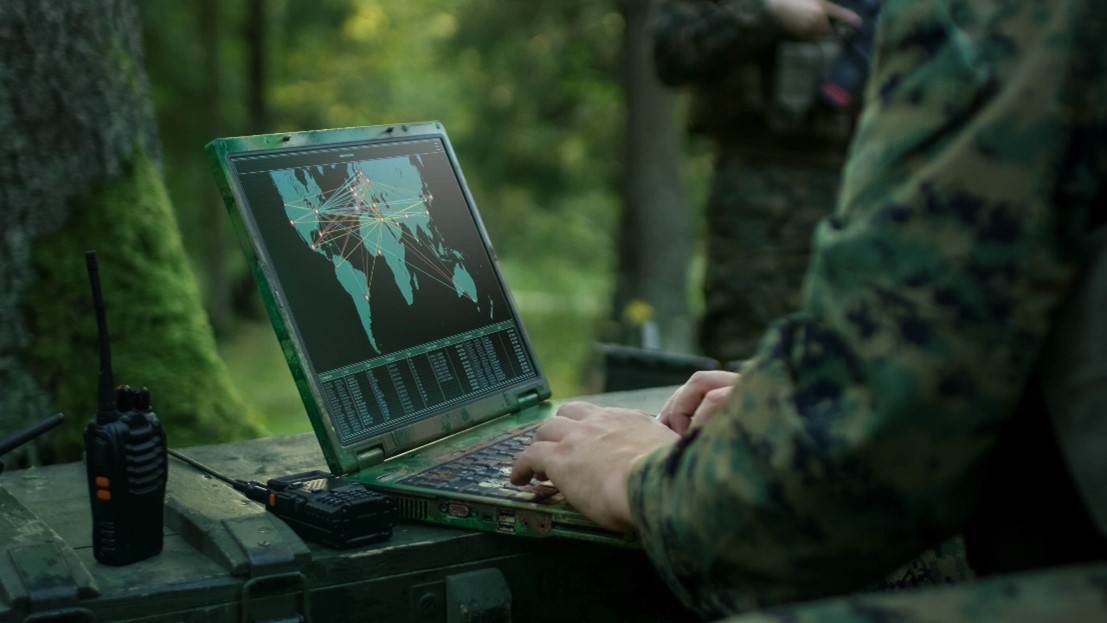
Conclusion: A New Global Order in the Making
The Russia-Ukraine conflict is reshaping global politics in ways that will have lasting consequences. The geopolitical realignment, economic disruptions, shifts in military power, and ideological struggles it has triggered are challenging the post-Cold War international order. As the world grapples with these changes, the future of global politics will likely be characterized by increased competition between major powers, a rethinking of international security frameworks, and the need for new approaches to conflict resolution, governance, and cooperation. The conflict could mark the beginning of a more fragmented and multipolar world, with shifting alliances and heightened geopolitical tensions.



